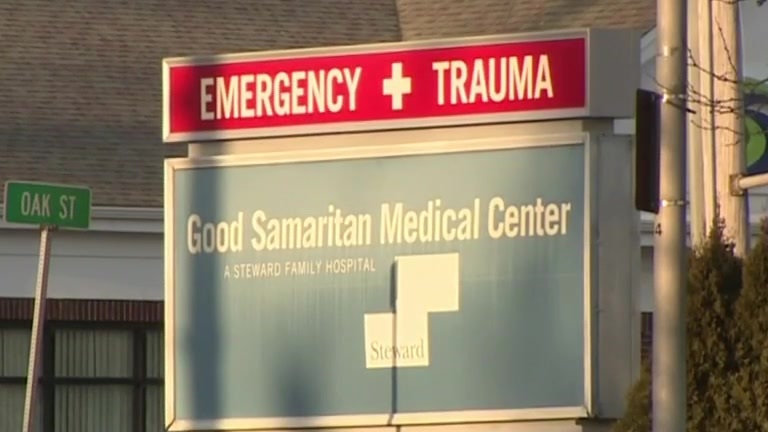- Fri. Apr 19th, 2024
Latest Post
Israel’s Death Toll from Malignant Tumors and Heart Disease Rises in 2022, with Gender Disparities Exposed in Mortality Rates
In 2022, Israel witnessed a rise in the number of deaths caused by malignant tumors and heart disease, with cancer being the top killer for both men and women. The…
Spring ArtScene Joins Forces with Rockford Ready for Health Literacy Campaign
Rockford Ready, a health literacy initiative that utilizes art to convey its message, is once again participating in this year’s Spring ArtScene. This marks the third year that Rockford Ready…
A1 Hrvatska Announces 6.9% Increase in Telecommunications Fees for Users
A1 Hrvatska, a leading telecommunications company in Croatia, announced that it will be increasing its monthly fees for users by 6.9 percent starting from June 1st. This increase is based…
Cancer Treatment Unit at Good Samaritan Medical Center Closes Down Amid Financial Struggles
Good Samaritan Medical Center in Brockton, Massachusetts, is temporarily closing its cancer treatment unit following the suspension of infusion services by SMG Regional Hematology-Oncology. The closure is due to the…
Impartiality Woes: Challenges in Selecting Jurors in Donald Trump’s Criminal Trial
The ongoing criminal trial against former President Donald Trump in New York has faced challenges in selecting impartial jurors, with two out of the seven selected jurors being ruled out…
BRAVIA by Sony: Redefining the Home Theater Experience with Mini LED Technology and Immersive Audio
Sony has unveiled its new line of BRAVIA televisions, including models 7, 8, and 9, with a focus on the latter for its Mini LED technology that offers excellent image…
Dried Plums: A Simple Way to Boost Bone Health and Reduce Osteoporosis Risk”.
Eating dried plums on a daily basis can help reduce bone loss in older women, particularly those with postmenopausal osteoporosis. Dried plums are packed with fiber, minerals such as potassium,…
Unexpected SUV Crash Causes Chaos at Pinckney Dog Grooming Business
On a Thursday afternoon, an SUV crashed into a dog grooming business in Pinckney, Michigan, causing extensive damage. The incident took place at 139 North Howell Street and resulted in…
The Battle for Freedom of Speech: How Representative Jim Jordan’s Intervention in Elon Musk and Alexandre de Moraes Conflict Exposes Brazil’s Censorship Campaign
The battle between the world’s wealthiest man and Brazil’s most powerful man took a surprising turn with the involvement of a little-known American figure. Representative Jim Jordan, a Republican from…
Advanced Fiber Deployment Connects Eilat and Be’er Sheva, Boosting Israel’s Position as a Strategic Asset in Global Data Traffic
The new fiber network deployed by Cellcom connects the border crossings with Jordan from north to south. This extension of the current Cellcom network that spans the country will provide…




:quality(75)/cloudfront-us-east-1.images.arcpublishing.com/elcomercio/XYYR7QSG5BAHVNJBDUEAKKPTVI.jpg)